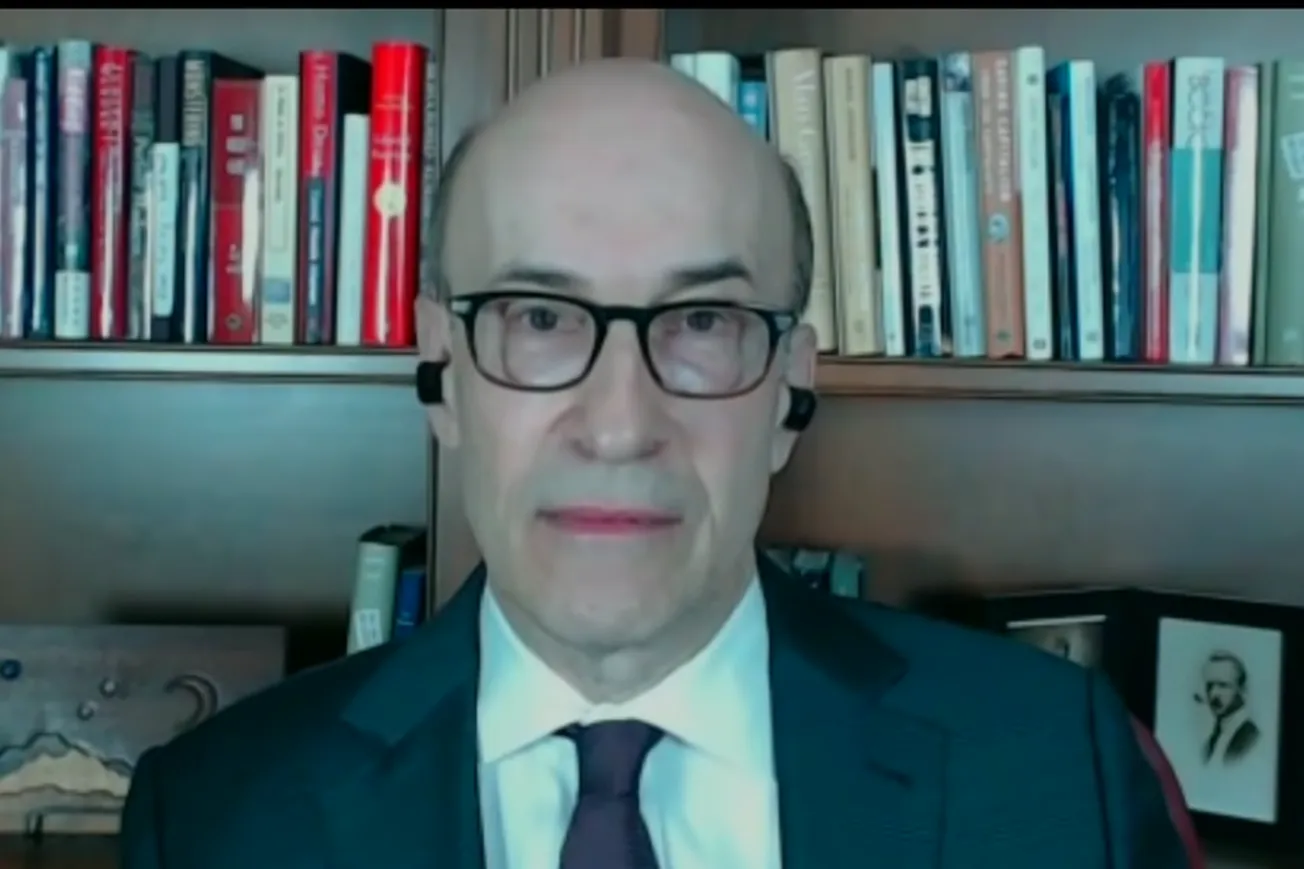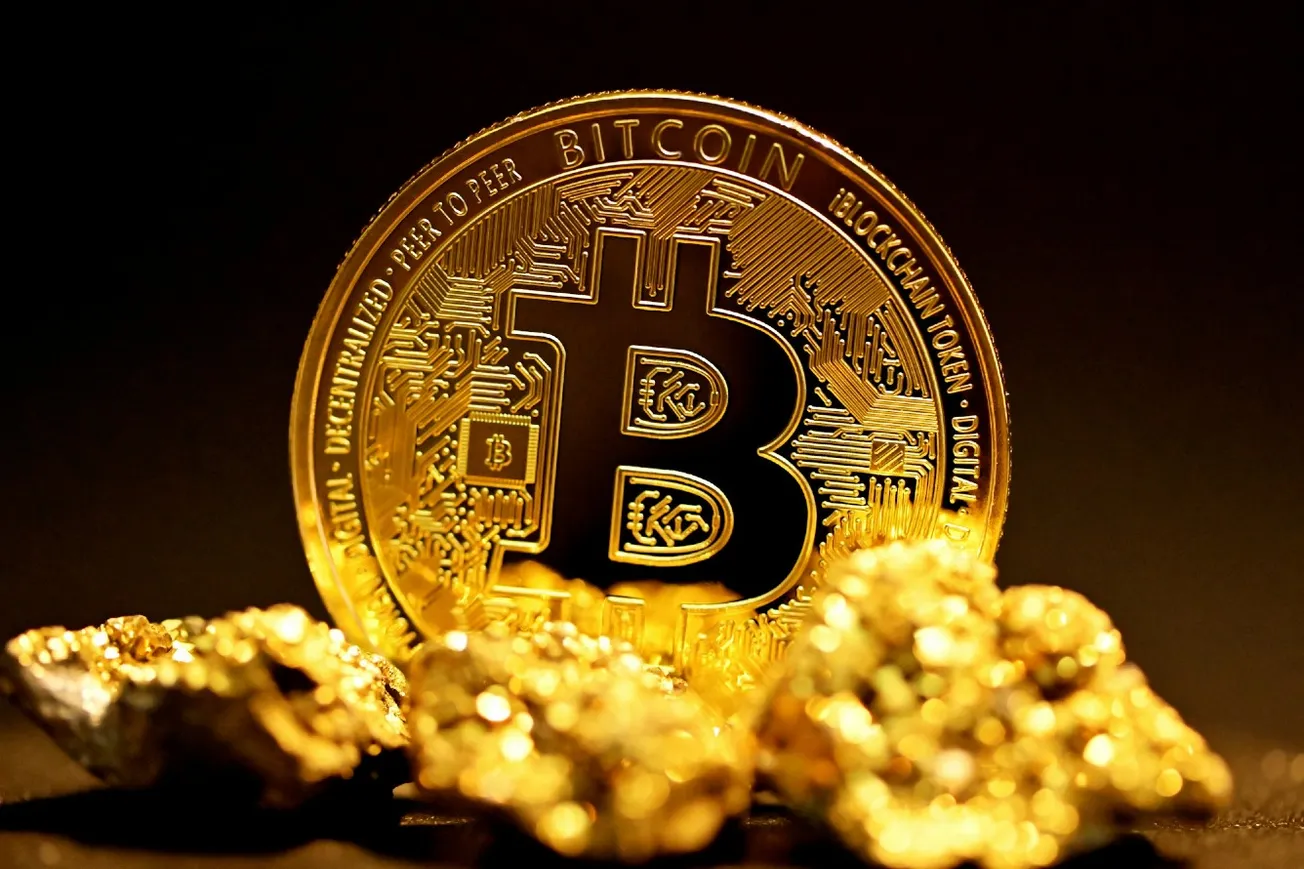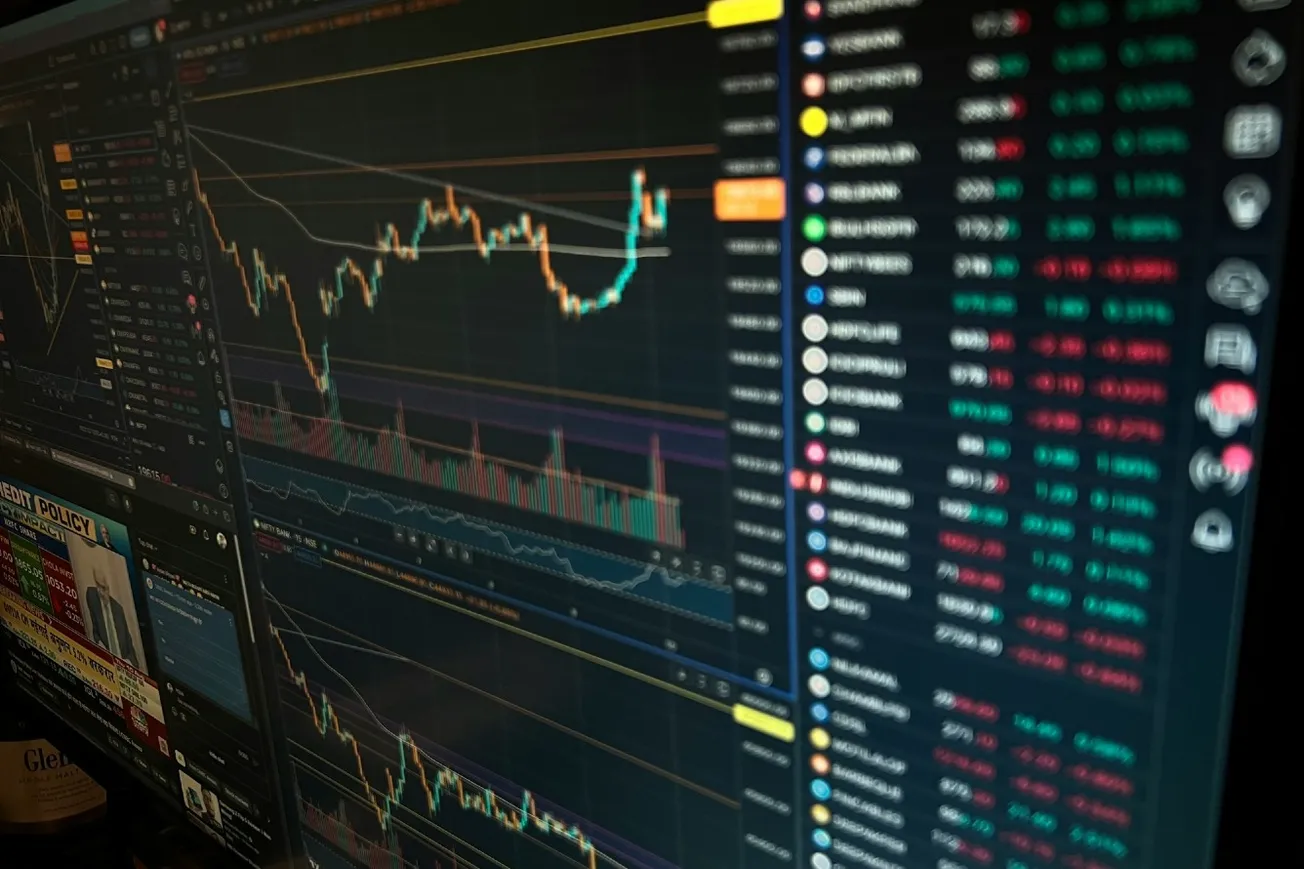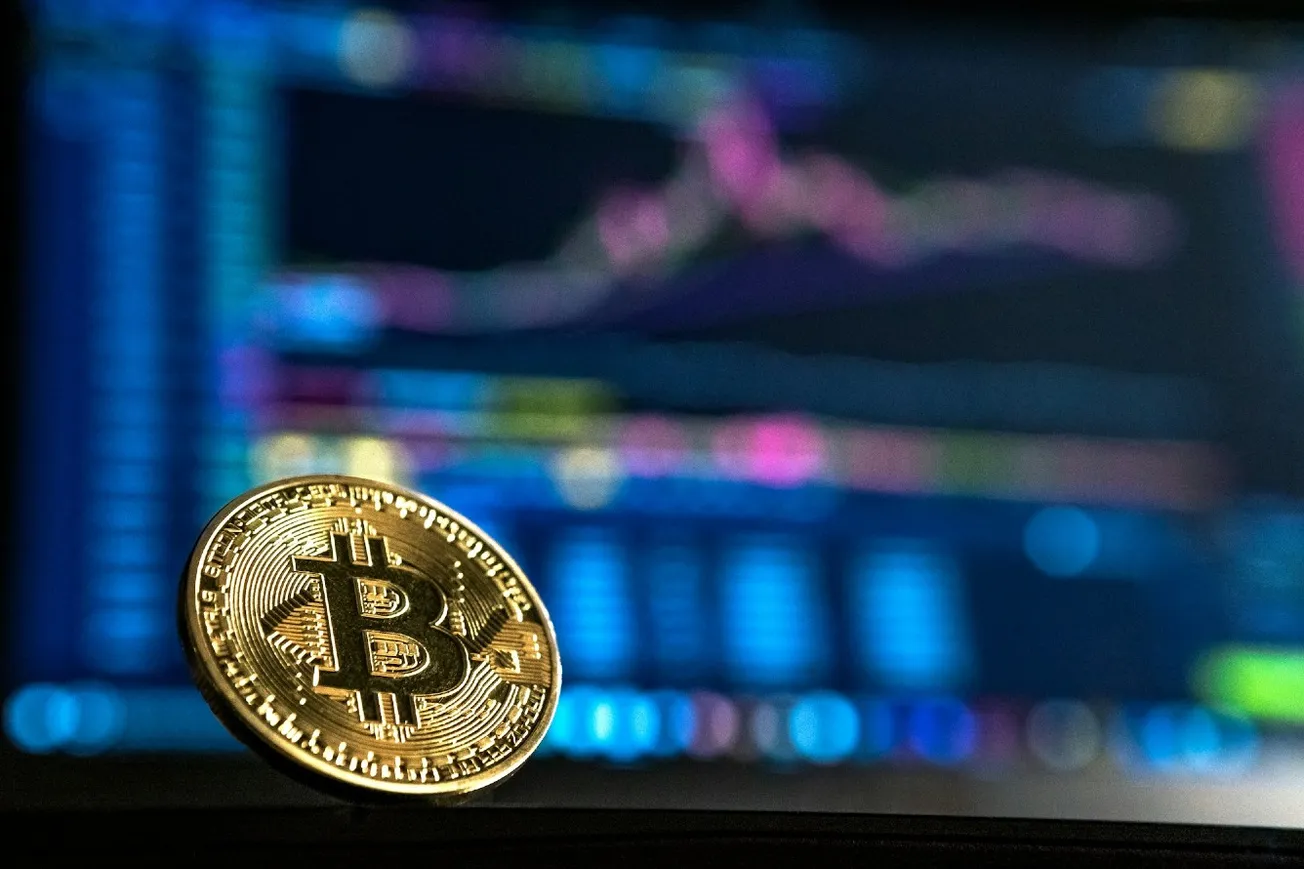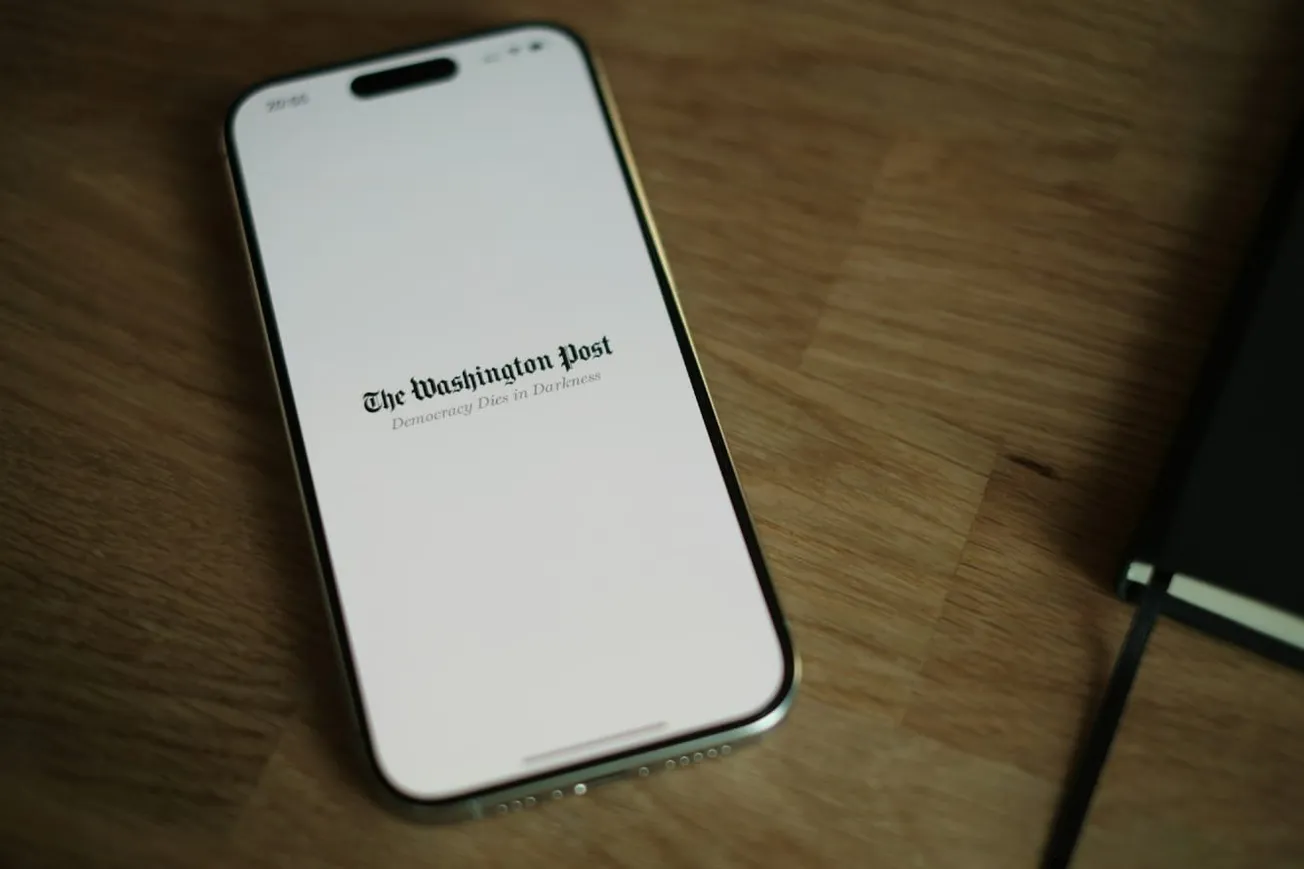Zain Asher interviewed Harvard University Economics Professor and former International Monetary Fund Chief Economist Ken Rogoff on CNN International's "One World" on Tuesday. Here are the key points from the interview.
- Rogoff believes that SVB was a bailout.
- He thinks the regulators were asleep at the switch here.
- The Federal Reserve is supposed to oversee these banks; look at their books; that was big enough they could have paid attention to this one, and I don't know what they were working on instead.
Here's the video.
Here's the full transcript of the interview.
ASHER: “Time now for the exchange, Kenneth Rogoff, let’s bring him, he’s a Professor of Economics and Public Policy at Harvard University and a former chief economist for the IMF. He joins us live now from Riyadh in Saudi Arabia. Professor, thank you so much for being with us. So, is this a bailout? Your thoughts?”
ROGOFF: “Of course it’s a bailout. They’re trying to dance around semiotics, but there was just wholesale panic, so they had to cover not only depositors who were insured, but depositors who weren’t insured, and they also have a program that lets people borrow against government bonds for more than they’re worth, basically, because a lot of banks bought bonds when interest rates were 1%n or 2%, and then it went up to 3.5 or 4%. And if you long dated asset paying out that low rate, it’s worth less, and somebody on the market won’t pay you what they will for a new one, and the government said, Well, that’s okay, we’ll take it. We will at least give you a loan for it.’ So that was bailing out everyone. I mean, that’s not just bailing out a couple banks, it’s covering everybody else, so their equity holders and other banks that might have lost their money, but won’t — you know, I could go on, but yes, it’s really semantics to say it’s not a bailout.”
ASHER: “Okay, so, semantics, it is technically a bailout. You know, you can call it what you want, but many people are saying that this was a bailout. But did the government really have any other choice? I mean, people have described this and said, look, if the government hadn’t stepped in, this would have been a near apocalyptic event for the tech sector. What are your thoughts of that?”
ROGOFF: “Well, the SVB bank, the Silicon Valley Bank that went under, that bank had business with half of all the tech firms in the United States, so certainly a really big deal. On the other hand, could they have afforded to let some of the big depositors, say, lose 10 or 15% of their money, which is normally the case when banks go under? That’s real question. I mean, they put out a guaranteed the likes of which we really haven’t seen by covering everything. Normally, that government says, ‘The first quarter million dollars, that’s a lot, we will cover, but if you have a few billion dollars, we won’t.’ But not here. They said, ‘Nope, everything.’”
ASHER: “So who’s to blame? I mean, you know, is this about straight up mismanagement. Is this about interest rates getting high? You touched on that. I mean, obviously, they were exposed, and I guess it’s a combination of all of the above, but is it also about, you know, Trump era regulatory rollback? Is it about the bank run that happened at the end of last week. What — if you were going to say there was one factor that could have been changed, that would have averted all of this, what would that one factor be?”
ROGOFF: “Well, I think we had this giant experiment in fiscal and monetary policy that led to them having to raise interest rates, and it was inevitable that there’d be some fallout like this. You can’t run the system on so much of booming credit and money and not have something like this happen. It doesn’t — it’s not the end of the world, I mean there’s a balance between running your financial system so restrictively that they’re not loaning to innovative companies. Silicon Valley Bank came into being because some of the more heavily regulated banks didn’t want to lend to these innovative startups. So, it was doing a lot of good, but there’s a balance and there was definitely mismanagement and I think the regulators were asleep at the switch here. The Federal Reserve is supposed to oversee these banks, look at their books, that was big enough, they could have paid attention to this one, and I don’t know what they were working on instead.”
ASHER: “So the Fed sees all of this and they think what? I mean, obviously, they’ve got the meeting next week. Interest rates, you know, it might not have been the only factor, there were other factors involved, as you point out, especially when it comes to regulation and when it comes to mismanagement and when it comes to sort of overly investing in one sort of group of assets, but, of course, interest rates were a factor as well. Plus, you got the fact that we have been getting relatively good news in terms of inflation in this country. So, does this sort of change the calculation at all for the Fed? Should it, even if it doesn’t?”
ROGOFF: “Oh, but I don’t think the news has been that good with inflation. The headline number has been coming down because food prices and gas prices couldn’t go up forever, used car prices, they come down, but inflation’s deeply embedded in the rest of the economy. The thing they call core inflation, which excludes these more volatile things, that was still really high, it went way up in January, it came down a little bit in February, but it’s way too high. It’s going to be very hard for the Federal Reserve not to raise rates at least a quarter a point. I think there’s been talk, which I never really agreed with, they should go faster again — actually, Chair Powell said that was a possibility — I think that’s off the table. But they have to keep pulling inflation, it’s just way too high to stop, so I think they’re going to have to keep moving ahead slower, steadier, which I thought they should have done anyway. And there’ll probably be more accidents, but they don’t want to end up in a situation with permanently ingrained higher inflation.”
ASHER: “Some people are saying that — and give me your take on this — that they should at least — I mean, you touched on the fact that there is going to be a slice, sort of likely a slice of 25 basis point increase, but some people are saying that, look, perhaps they should just pause for a second. Is that wishful thinking at this point because the headline number you point — you talk about the fact that the headline number is certainly a lot — is certainly better, but the actual core inflation is deeply entrenched. Do you think that given what’s happened down in California, that there should be a pause?”
ROGOFF: “You can call it either way. I would have said that even if the Silicon Valley collapse hadn’t happened, this bank run hadn’t happened, because you knew you had to raise interest rates when they were zero and now that they’re getting towards 5%, that’s the Federal Reserve short-term policy rate, and longer-term rates are almost as high, now that they’re getting that high you’re less sure. But I have to say, it still feels to me like interest rates are gonna have to go up, about maybe to 6% eventually from where they are. And after years and years of talk about we’re going to look at the data, we’re going to see what’s happening, and the focus on inflation, it’s kind of hard to just walk away from it. They did this giant bailout. I mean, that’s what — I’m gonna call it that. That definitely sort of covers things for a while, and I think it was done in part to protect their ability to keep pulling back inflation. I don’t know that they’re going to kill inflation, but try to bring back to 3 or 3.5%. Right now, the core inflation is 5.5%.”
ASHER: “Right. Ken Rogoff live for us there. Thank you so much. We appreciate you being on the show.”
ROGOFF: “Thank you.”

